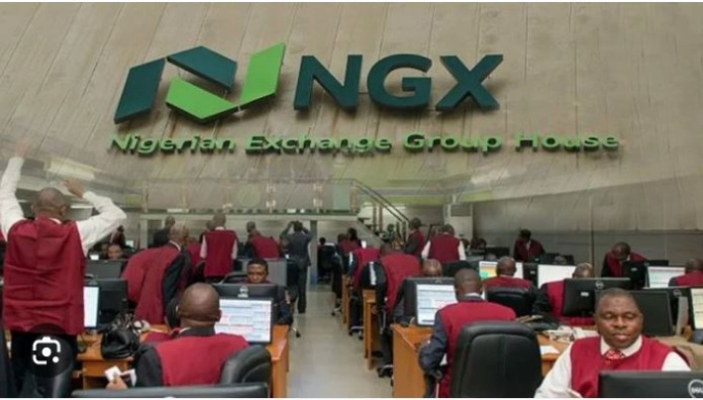The Nigerian Exchange All Share Index closed trading on Tuesday, July 11th at 65,669.29, crossing the end of month all-time high end of month point recorded in February 2008.
The previous end of month high for the stock market was 15 years ago or February 2008 when it closed at 65,652.4, an era that is often recognized as the peak of the stock market boom of the early 2000s.
However, the record single day all time high for Nigerian stocks remains 66,671 achieved 5th March 2008.
2008 vs 2023
Why this matters: The stock market at the time was boosted by several private placements that went on to become initial public offerings, right issues, and public offers as investors raised money from a wealth-driven retail investor market.
- The market at the time was also buoyed by hundreds of billions of naira in margin lending which involved borrowing money from commercial banks to invest in the stock market using the equities as collateral.
- Inflows were a massive N4.6 trillion in 2008, the highest to date. Foreign and domestic participation was N3.9 trillion and N787 billion respectively.
- The market unraveled and eventually crashed, falling to as low as 19,825.1 by March 2009, the lowest point ever recorded since 2008.
What is different: This time around, there are no margin lendings or public offerings, or retail investor frenzy.
- What we have observed is a bull run that is driven by policy decisions viewed as positive for a stock market that has traded at low prices earning multiples for almost a decade.
- The bull run is being driven by investors, mega-billionaire moves, and foreign investors who are gradually returning to the stock market.
- A relatively successful election, revision of the forex policies to a managed float, and the removal of fuel subsidies have also boosted investment sentiments.
- We have also seen an increase in capital inflows in the stock market with about N1 trillion recorded in the first 5 months of this year compared to N1.5 trillion in the whole of 2022.
Despite the massive bull run being witnessed, capital inflows in the stock market are not expected to be at the same levels recorded in 2008 when the June report is released.
Nigerian Equities currently trade at a price-to-earnings multiple of 11.77x, higher than its emerging market peers of South Africa, Egypt, Kenya, and Ghana which trade at 10.57, 8.79x, 5.69x, and 3.19x respectively.






































